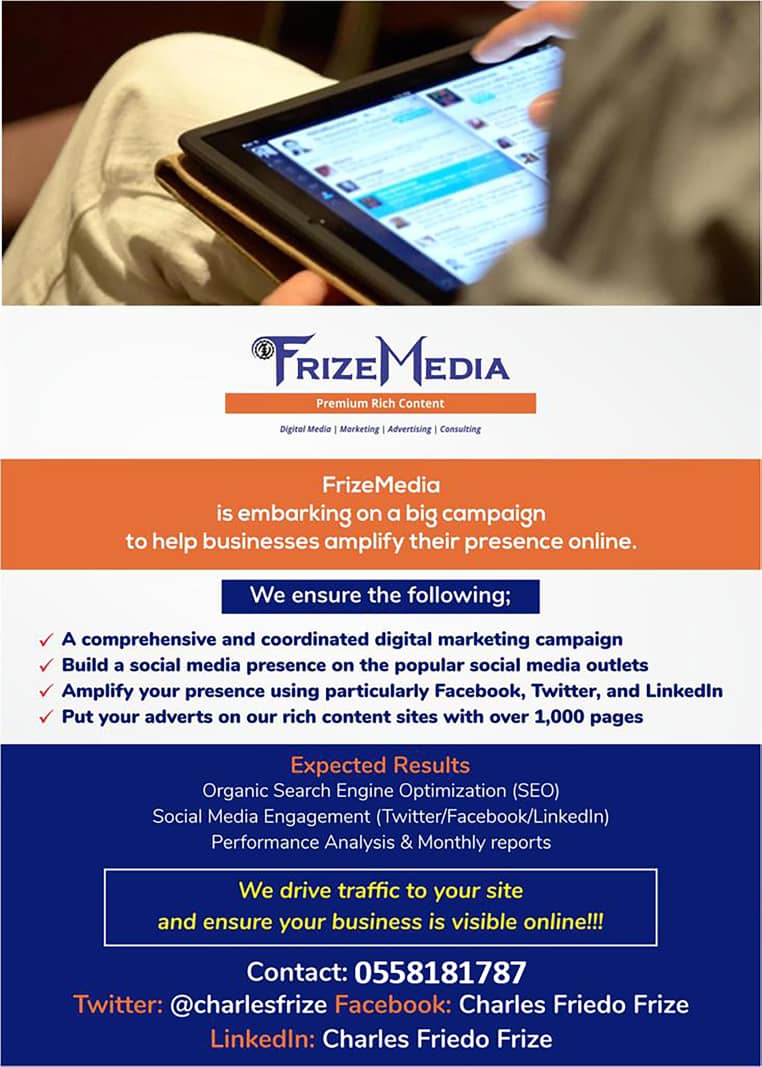Rss Feed
Advertising In RSS Feeds
RSS feeds have been monetized by a great number of publishers, and has subsequently led to vibrant discussions as to whether advertisements in feeds are viable or whether they will eventually drive subscribers away. At the end of the day while it appears that many are discussing the philosophical approaches to ads in RSS feeds, few are taking the time to examine the options available for inserting advertisements in feeds. Conclusively the advertisements served are going to determine the success of RSS as an advertising medium. The ads served must be related to the content contained in the feed.

If the RSS feed contains quality content, the ads are relevant, and the volume of ads is in balance with the volume of content served, advertising in RSS feeds will succeed. Make note of some of the ad serving options currently available for RSS feeds.
Review of Current Options
Google AdSense for Feeds
Google's AdSense for Feeds offers contextually targeted advertisements, with a wide selection of advertisers. Google chooses not to divulge the percentage of revenue that is shared with the publisher, so it is difficult if not impossible to predict monthly revenue. The current Google AdSense system for feeds is tied to blogs and does not appear to be overly flexible.
Pheedo Pheedo displays categorized advertisements rather than contextual advertisements. The upside to this is that Pheedo's advertisements can be used in conjunction with Google AdSense or AdSense for feeds without violating Google's contract. Pheedo works with the publisher to serve advertisements from similar or related categories associated with the feeds contents. Pheedo's system allows for advanced ad filtering, giving publishers control over keyword ad filtering, specific ad filtering or url filtering. The revenue split is 50% and feeds can be a sponsored flat rate advertisement or a pay-per-click advertisement, where the publisher is only paid if the advertisement is clicked.
Evaluating Options When evaluating feed ad serving solutions consider the following: 1. Ad Relevance In order to generate revenue from RSS advertisements or for an advertising campaign to succeed using RSS as a channel. It is absolutely essential that the advertisements served in the feed contain related content, the more related the content the higher the likelihood that the advertisements will be of interest to the reader and clicked. Also the closer the content relates to the feeds the higher the likelihood the reader will have genuine interest in the product or service being advertised.
2. Ad Ratio Publishers need to retain control over the frequency of advertisements. Readers will become frustrated with feeds that are heavily laden with advertisements and genuine content. The advertiser is happy as they are reaching a targeted audience, the publisher is pleased because their advertisement is being clicked and generating revenue.
3. Clearly Denoted as Ads The question over editorial control and advertisements rage on. It is commonly considered proper net etiquette for publishers to clearly mark advertisements to distinguish them from editorial web content. When selecting a RSS advertising partner, consider the context in which the advertisements are displayed. Does it blend with the feed or site, while still being clearly marked sponsored material? Or does the content blend so well that it appear as a product or service endorsement from the publisher?
We Are Helping 1000 Businesses Amplify Their Online Presence
Credibility and reputation online matter, and the segregation of advertisements and ensuring they are properly denoted as such will go a long way to enhance credibility with readers. Clearly as RSS increases in popularity publishers are looking for ways to monetize their content. RSS in advertising is a logical step, and striking a balance between quality, consistent content and occasional related advertisements will lead to the success of advertising in RSS feeds. If the balance is not found, publishers may be forced to move to a subscription RSS feed model. Permissions: Permissions and notification of use not required.
Homebased Business Opportunities
Tweet
Follow @Charlesfrize












